INFRASTRUCTURE
All About Right Connectivity: iShakti brainstorms on Right Connectivity
- Mihir Srivastava
- Aug 10, 2022
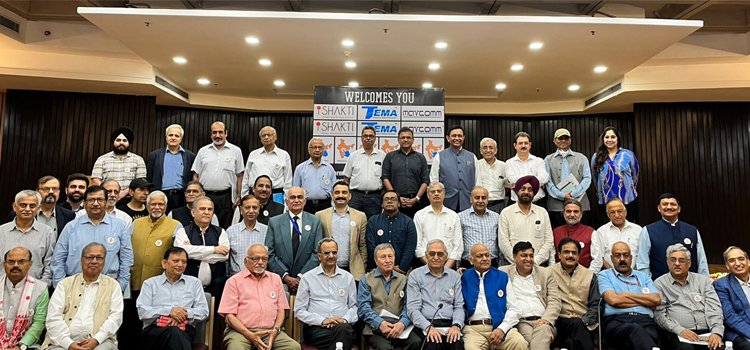
A
life without quality connectivity is unfathomable in today’s life. Therefore,
in its essence, if not in strictly legal sense, quality connectivity is
fundamental to leading a purposeful life in a digitalised world. Doyens of
telecom sector expressed their vision and strategies for a reliable, secure,
sufficient and ubiquitous telecom network becoming a reality for all Indians in
a brainstorming session organised by iSHAKTI last month.
iSHAKTI
– a purpose-driven foundation committed to promoting local entrepreneurship
with a people-centric approach by carrying out research, advocacy and
partnering with various stakeholders to harness the potential in the key
sectors, such water (jal), land (thal) and space (nabh) – had organised the brainstorming session in collaboration
with TEMA and Mavcomm Consultancy.
iSHAKTI is committed to helping harness India’s great potential in human
resources, market and capital and create an ecosystem and culture of openness
and collaboration. In telecom, iSHAKTI envisions bringing together various stakeholders
in the telecom sector to harness the transformative potential via digital
technologies and encourage Indian tech startups – the unicorns – and their
investors, IoT-based innovators and communication and hardware manufacturers.
Realising Digital India
This
can happen only if there is reliable, ubiquitous connectivity at affordable
rates for every Indian. Opening the session, Siddharth Upadhyay, the chairman of
Mavcomm Advisory, stressed the importance of a collaborative approach. “The telecom
sector has many stakeholders, and a lot is at stake. And all concerned are
doing their best. But they will do better if they join hands and work in tandem
for the larger goal of realising the ideals of Digital India in its true
essence…and creating strategies to ensure the meeting of the collective and
individual goals and aspirations. To me, all problems are an opportunity to
look within and grow,” Mr Upadhyay added.
Dr
D K Bhalla, former bureaucrat, author and the chief enabler of iSHAKTI, welcoming the delegates, said:
“India’s economic potential will shape the contours of global business.” He
referred to the recent McKinsey’s Global Institute Report that points out that
India is one of the largest and fastest-growing markets for digital consumers
in the world. “As digital capabilities improve, and connectivity becomes
omnipresent, or ubiquitous, technology is poised to briskly and in a radical
manner change nearly every sector of our economy and, therefore, by
implication, will change the economic life of this ancient country of young people
in a significant way.” Dr Bhalla cautioned: “There’s a digital divide that
needs to be bridged. Remote areas and the poorest of the poor have to be
integrated into the mainstream.” Though e-commerce is growing at a phenomenal
rate of 25 per cent every year, it still represents only 5 per cent of India’s
trade which is done online.
“As
India marches on to harness the telecom and technological revolution, the pace
of development of Satcom has become faster, thanks to the recent reforms and
IoT (internet of things) taking the centrestage to ensure integration of many
underserved segments in the development process. I see an ushering of a phase of
transformation in India for the Indians,” added Anupam Shrivastava, a partner of
Mavcomm Advisory and former chairman of BSNL.
Shekhar
Dutt, a former defence secretary, cautioned about security concerns as one steps
forward towards realising Digital India goals. Pradip Baijal, the former
chairman of the Telecom Regulatory Authority of India (TRAI), referring to JAM
(Jan Dhan-Aadhaar-Mobile) trinity, said: “Get the numbers, and rest will be
taken care of.” Aadhaar is the key to
fixing identity that in turn will ensure security. Ajay Shankar, a retired secretary
of the Department of Industrial Policy and Promotion (DIPP), was of the view
that Digital India goals would be meaningful if India became the manufacturing
hub and not just an assembling venue.”
He found support from Atul Kaushik of the Asia Foundation who laid
stress on quality R&D, as is the case in the West, as the precursor for
manufacturing using state-of-the-art technology.
Last-mile connectivity
Former
Union Law Secretary P K Malhotra said that while the right to connectivity is a
legal right, by implication and interpretation, it can be considered a fundamental
right under Article 21 of the Constitution that guarantees protection of life
and personal liberty that is so integrally linked by being connected in this
day and age. He also laid stress on amending the IT Act according to the
requirements of the right to privacy guaranteed by the Constitution.
Vipin
Tyagi, a director of Cview Innovations, talked about quality R&D for
problem-solving, and there were capabilities to deal with all the threats, be
it cyber security or data protection, he assured. Rakesh Vats, a retired IAS
officer, said that priorities and goals needed to be set, application and
regulation of the technology should be robust, and by this way, a lot could be
achieved. He gave the example of how doctors were treating patients in remote
areas of Bihar and Odisha through telemedicine.
Ashwani Khillan, the COO & CTO of APAC American Tower Corporation, talked about the challenges of the last-mile connectivity. He pointed to varied local policies in different States posing operational problems, while stressing the need for a uniform operational model across the nation. “I am very heartened by the participation of the doyens from the telecom sector, they ushered the digital revolution in India and will guide us in the future to make quality connectivity ubiquitous. We will incorporate their views into a progressive document, taking into account the concerns of all the stakeholders and realise the inherent potential of the telecom sector to making India a truly digital society, as is envisioned by the honourable prime minister,” said Prof N K Goyal, the President and chairman emeritus of CMAI, TEMA.
Such brainstorming sessions are the need of the hour for India as 5G spectrum auctions have recently ended with top contenders, like Reliance Jio, Bharti Airtel, Vodafone Idea and new entrant Adani Data Networks bidding for the airwaves. The reserve price for the 5G spectrum auction is a whopping Rs 4.3 lakh. “More than the amount, it is important (to note) that the industry has come out of the pain it was going through,” said Telecom Minister Ashwini Vaishanaw, and added: “To provide tele-connectivity to every last person in the most far-flung places of the country, it is imperative to have a thriving telecom industry.” The minister’s views are not very different from what emerged after a round of brainstorming on how to ensure ubiquitous connectivity.

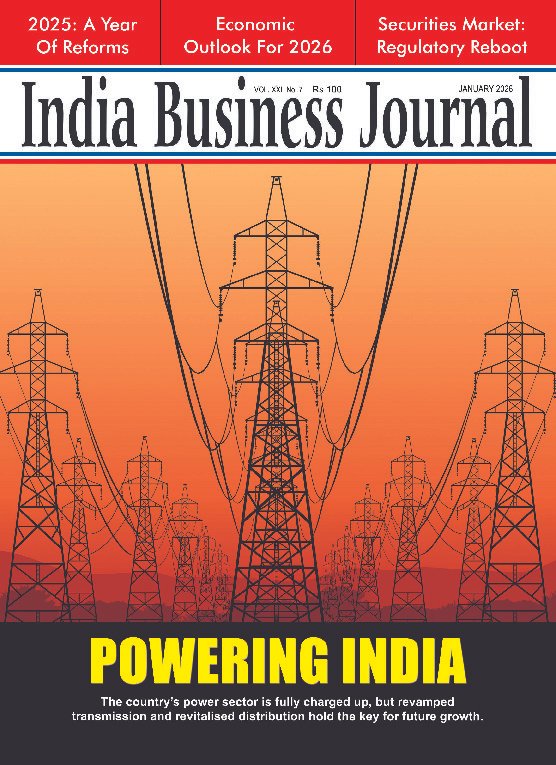

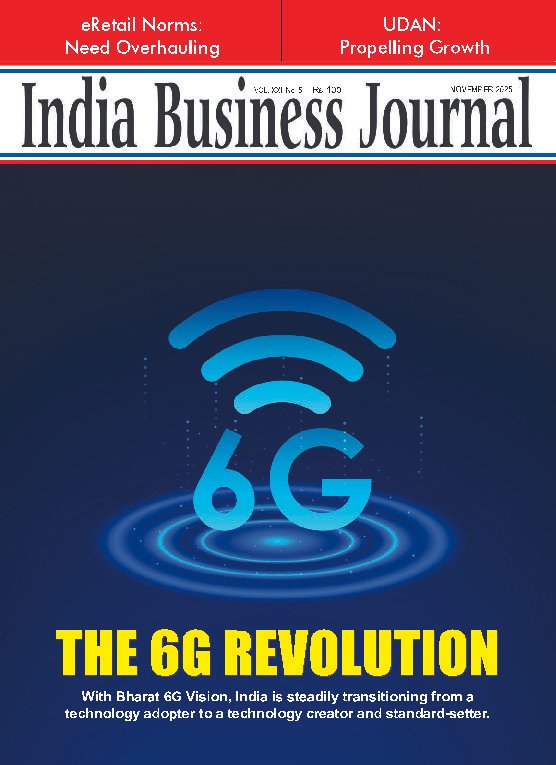
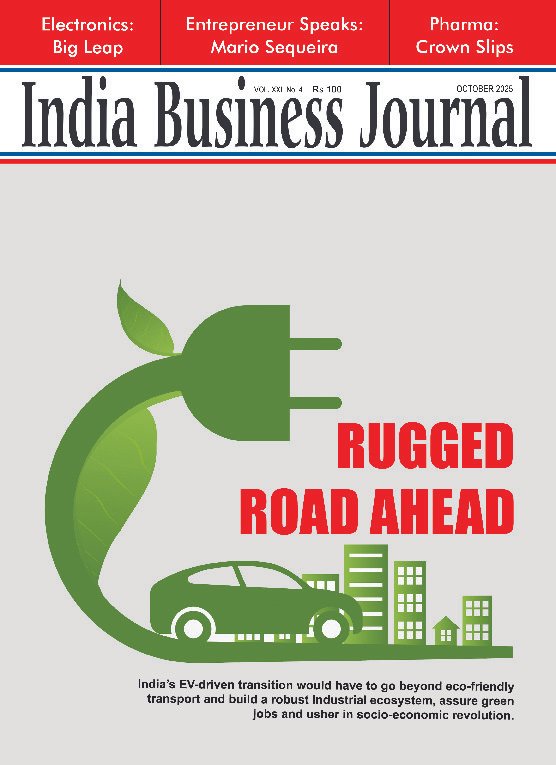
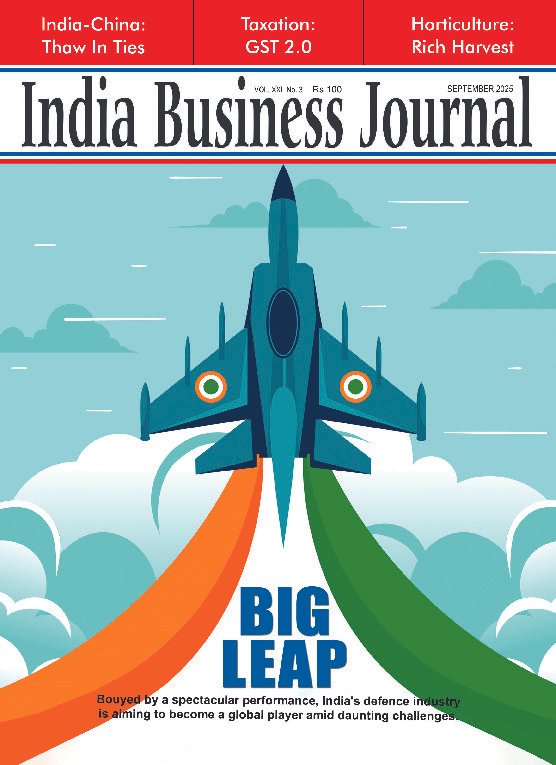






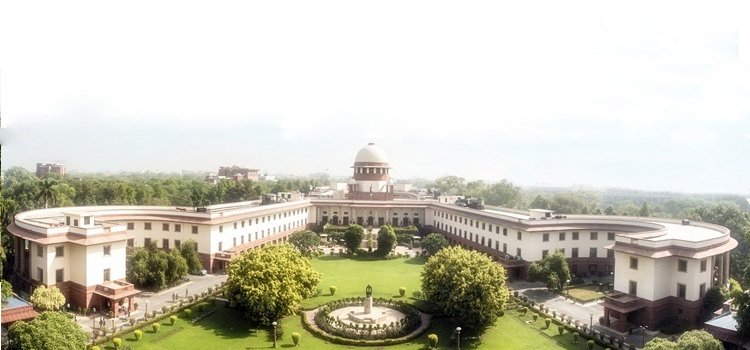
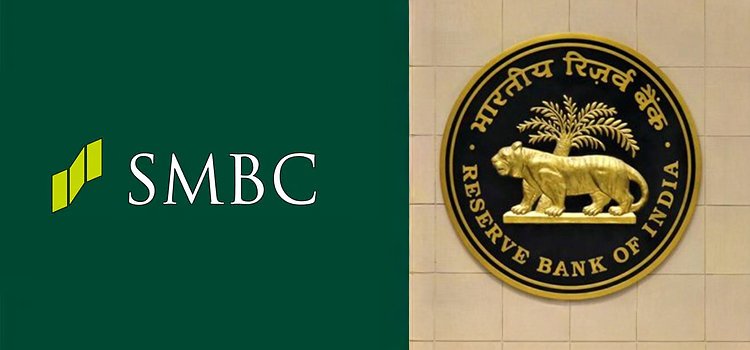
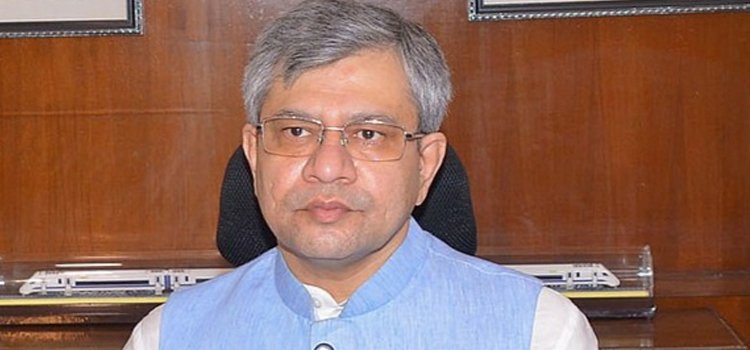






Report By
View Reporter News